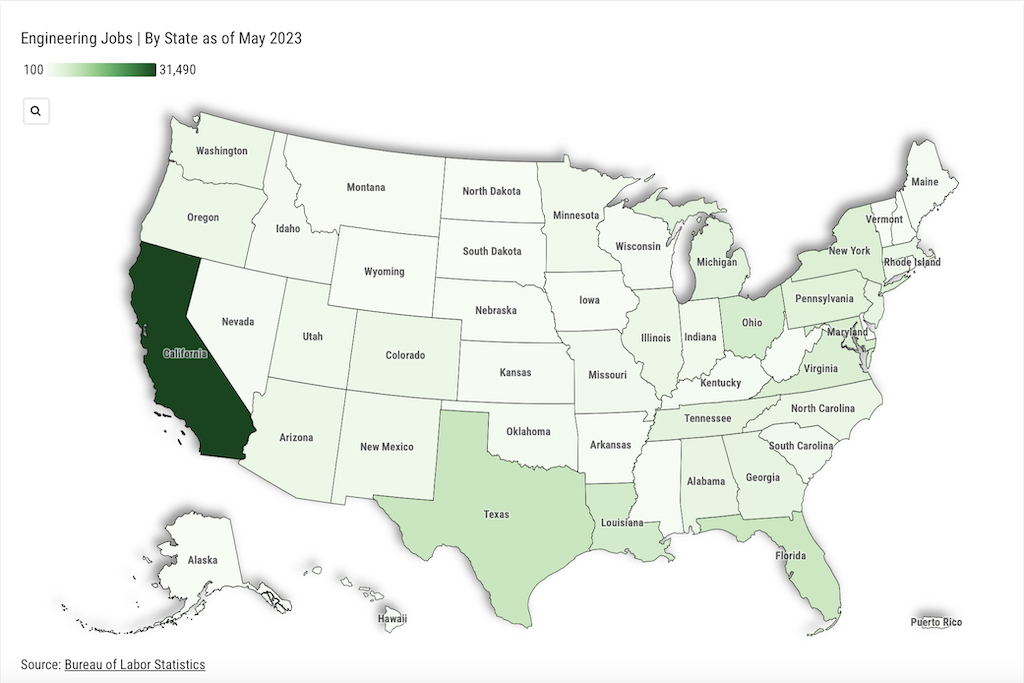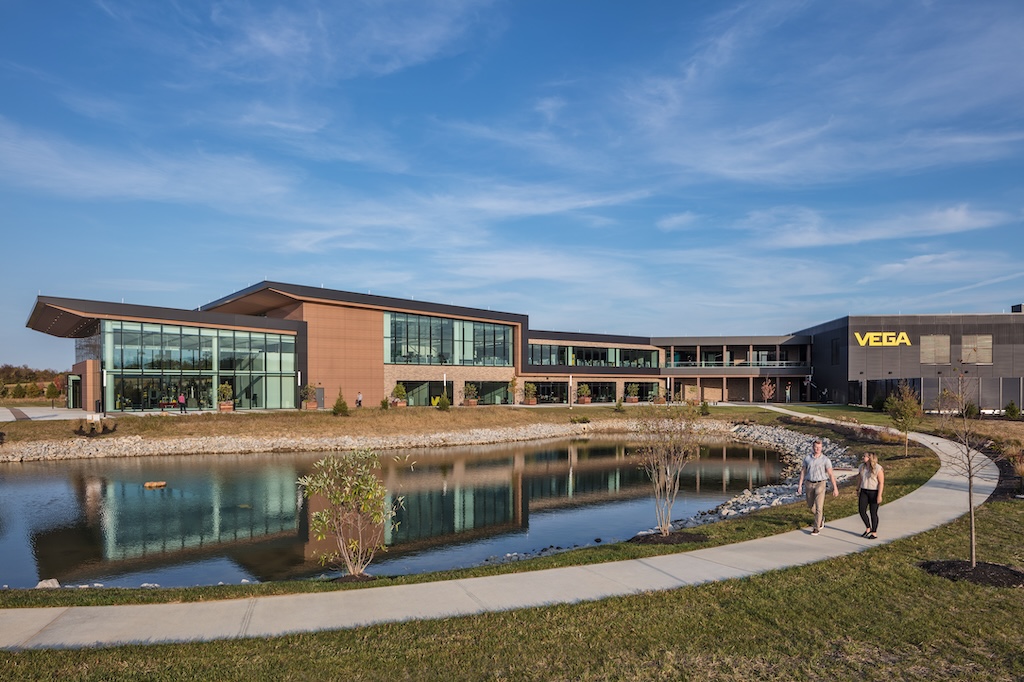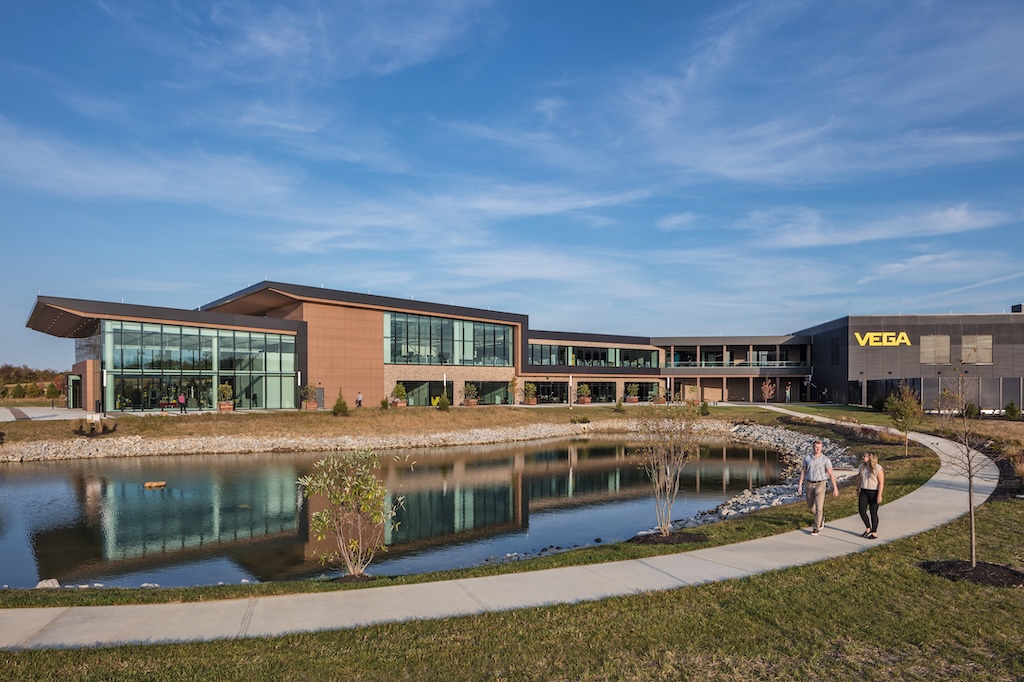New York-based FPC (F-O-R-T-U-N-E Personnel Consultants) says manufacturers are ill prepared for the the massive baby boomer retirement wave expected in the next five years. "The mass retirement wouldn't be so bad if there were enough people coming into the workforce," says Ron Herzog, CEO and president, FPC.
New York-based FPC (F-O-R-T-U-N-E Personnel Consultants) says its recruiters already are seeing early nationwide effects of the massive baby boomer retirement wave expected in the next five years. In total, 76 million are expected to leave the workforce, according to the Bureau of Labor and Statistics (BLS).
“The mass retirement wouldn’t be so bad if there were enough people coming into the workforce to enter those jobs left vacant due to the retirements, but those vacancies being discussed do not even include the additional jobs resulting from projected long-term economic growth,” says Ron Herzog, CEO and president, FPC.
Unfortunately, the BLS projects the pool of workers following the boomers is smaller, aggravating the situation even more. “HR departments and hiring managers nationwide will be challenged to find enough qualified people to fill those positions once the retirements start. FPC recruiters say some HR professionals are addressing this issue now,” says Herzog.
According to Bill Martin, FPC’s highest-producing owner in 2007 and president of FPC of Greensboro, S.C., “Our clients haven’t been able to find enough qualified grads to fill this pipeline, so they’ve partnered with us to find people to back-fill the pipeline with two to three years of experience. Just about 20 percent of our recent placements have been baby-boomer replacements, and we expect that number to increase.”
But why the urgency?
“It’s there because people of retirement age typically are in management or technically complex positions. This is particularly the case in technical manufacturing positions, where the learning curves are steep,” says Martin.
“Companies need new employees in those jobs now to develop the skills needed by the time the boomers retire. The urgency is real,” Herzog maintains. “Many of our clients are manufacturing companies, which are expected to be among those hard hit due to the high instance of employees older than 45 years in management.”



